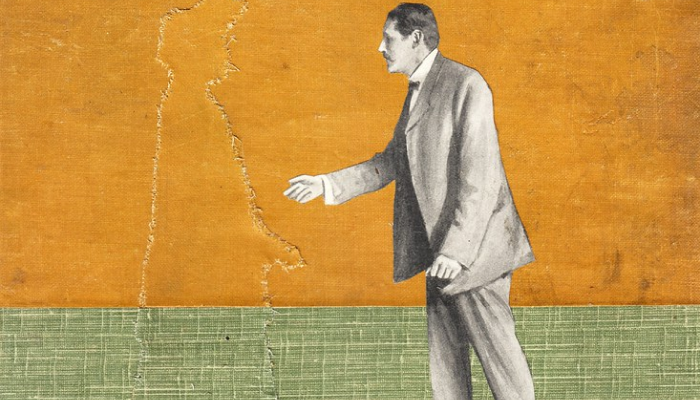
It was always obvious when Mary Kay Ash arrived at the party. The pink Cadillac she drove around her hometown of Dallas was as iconic as the line of her namesake beauty products which graced every store shelf in America. With a billion dollar company, a million dollar fortune, and a global beauty business, the Mary Kay who gave out cars and vacations to her top sales reps at lavish Vegas parties in the 90’s was a far cry from the young mother who scrimped and saved during World War II.
In 2001, the Times quoted her as saying: ''I've been asked a number of times, 'How did you succeed so quickly?' 'The answer is I was middle-aged, had varicose veins and I didn't have time to fool around. Have you heard the definition of a woman's needs? From 14 to 40, she needs good looks, from 40 to 60, she needs personality, and I'm here to tell you that after 60, she needs cash.''
Ash was speaking from experience. In 1925, she was married at the age of 17 to Ben Rogers, with whom she had three children before he left to fight in World War II. Instead of a happy return to domestic bliss when the war was over, he asked for a divorce. It dealt a heavy blow to Ash, and not just because she was now a single mother with three mouths to feed.
Ash went into direct sales for the next 25 years, selling child psychology books and then Stanley Home products at private parties. It was at one of those parties where she met Ova Heath Spoonemore, whose father, a tanner, had been experimenting with the oils that made his hands seem less weathered than his face. Spoonemore passed out sample jars of her product to the women at the party. Ash was hooked, and in 1963, the year she started her company, she bought the secret recipe from Spoonemore for $500.
But it wasn’t the fancy oils and lotions that made Mary Kay cosmetics such a success (there are now over 200 products in the line). It was Ash’s business acumen. She adopted a sales model that most would consider unusual: everyone was an independent consultant who bought wholesale and sold at retail prices. No personal checks were accepted on either end – only money orders, cashier’s checks, or credit cards. In addition, Mary Kay did not subscribe to the sales territory model in which women could only recruit people in their area. Women who recruited new reps in other cities and states still received commissions on those sales. Ash believed this encouraged cooperation rather than competition among her employees.
In addition to fostering community among her workers, Ash believed that “recognition is key,” handsomely rewarding her highest performers. In the 60’s, it was a party with boned chicken and Jell-O salad. By the 90’s, it was furs, jewels, and (pink) cars, with the value of the annual prizes amounting to over $6 million. The rewards were elaborate, but the philosophy behind it was plain and simple. Ash believed that with the proper encouragement, anyone could succeed. She particularly saw herself as a champion of women, giving them the opportunity to make their own money, their own careers, and their own choices, something that the generations before them had not been able to do.
“I don't think God wanted a world in which a woman would have to work 14 hours a day to support her family, as my mother had done,” Ash once told a friend. “I believe he used this company as a vehicle to give women a chance.''
The sales directors of today could take a page out of Mary Kay’s book – it’s leading with kindness, encouragement, and humility that builds great teams. But if you happen to have some pink Cadillacs laying around, that doesn’t hurt either.







